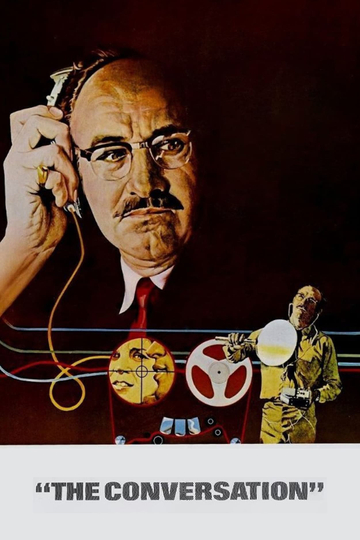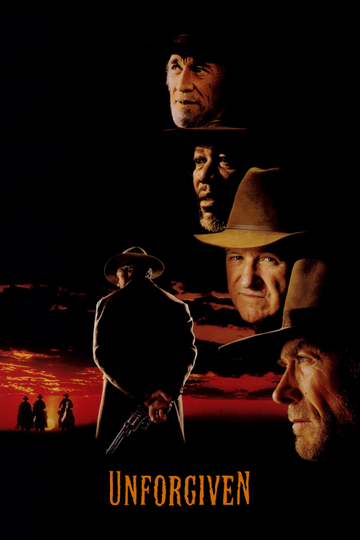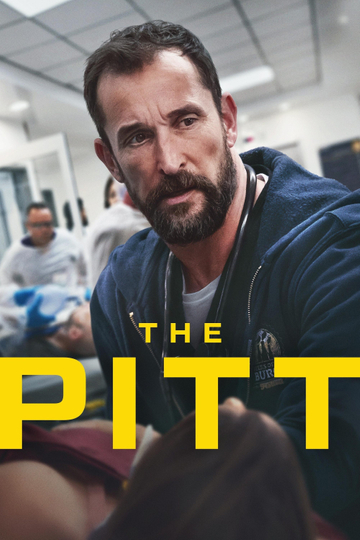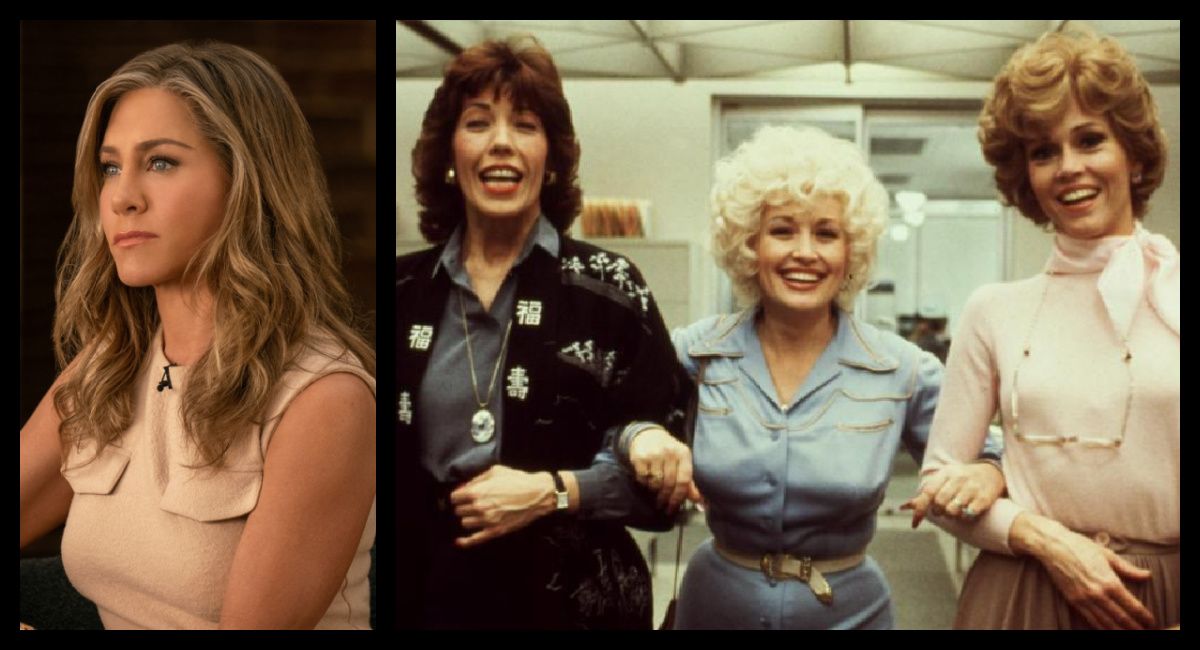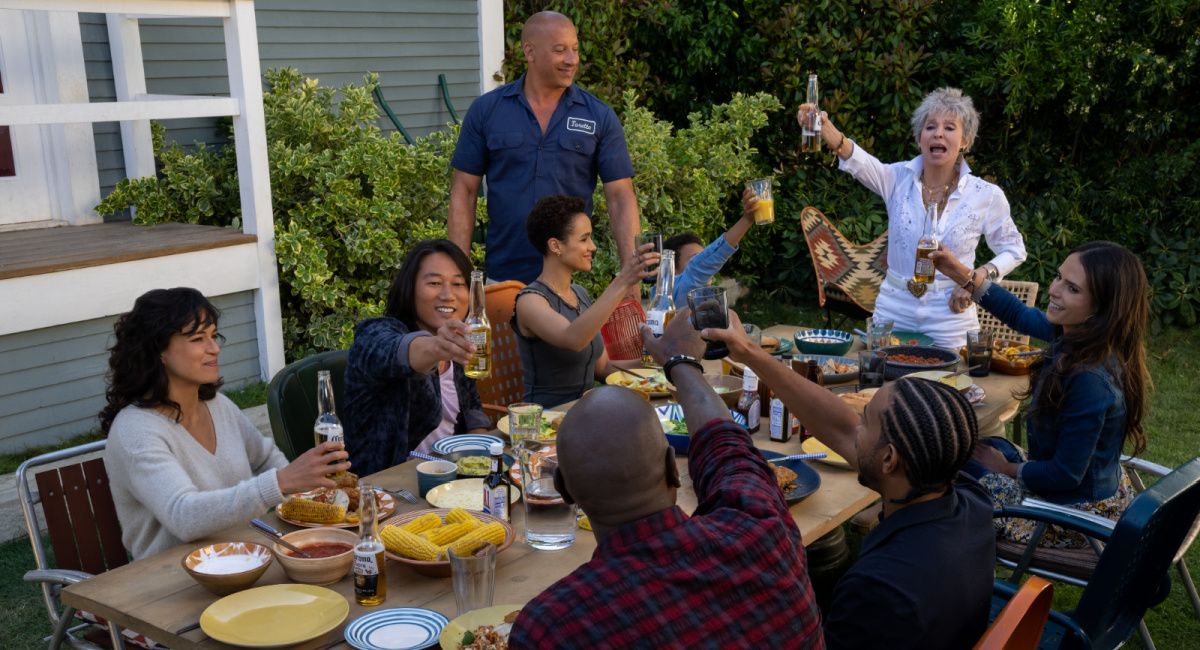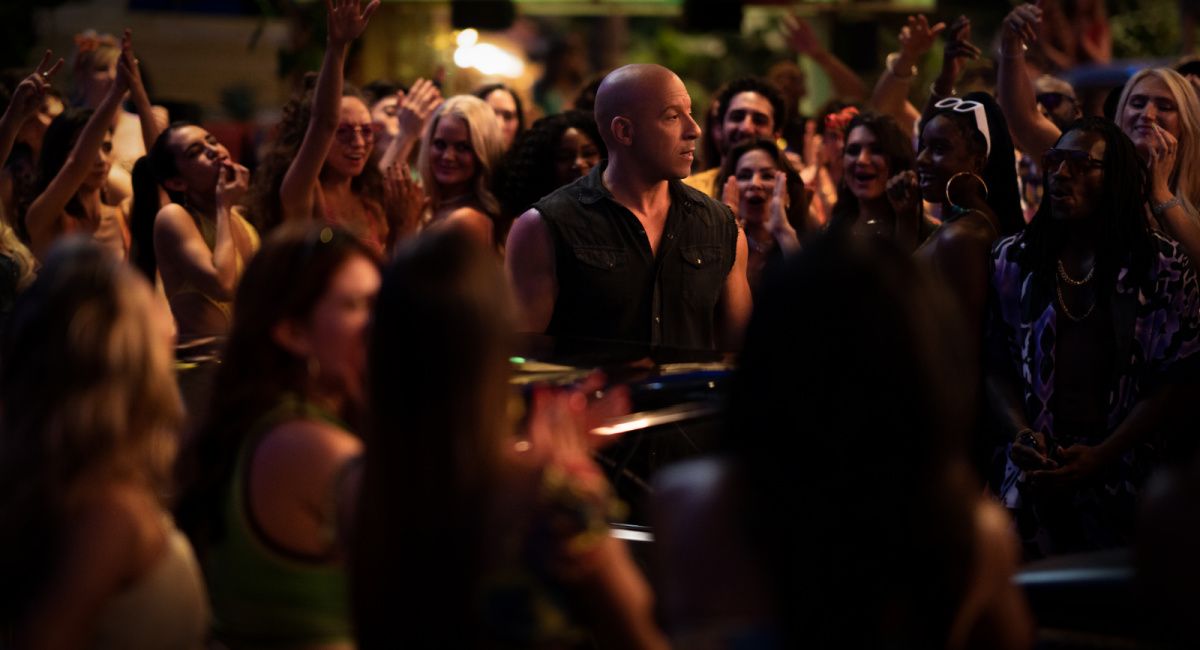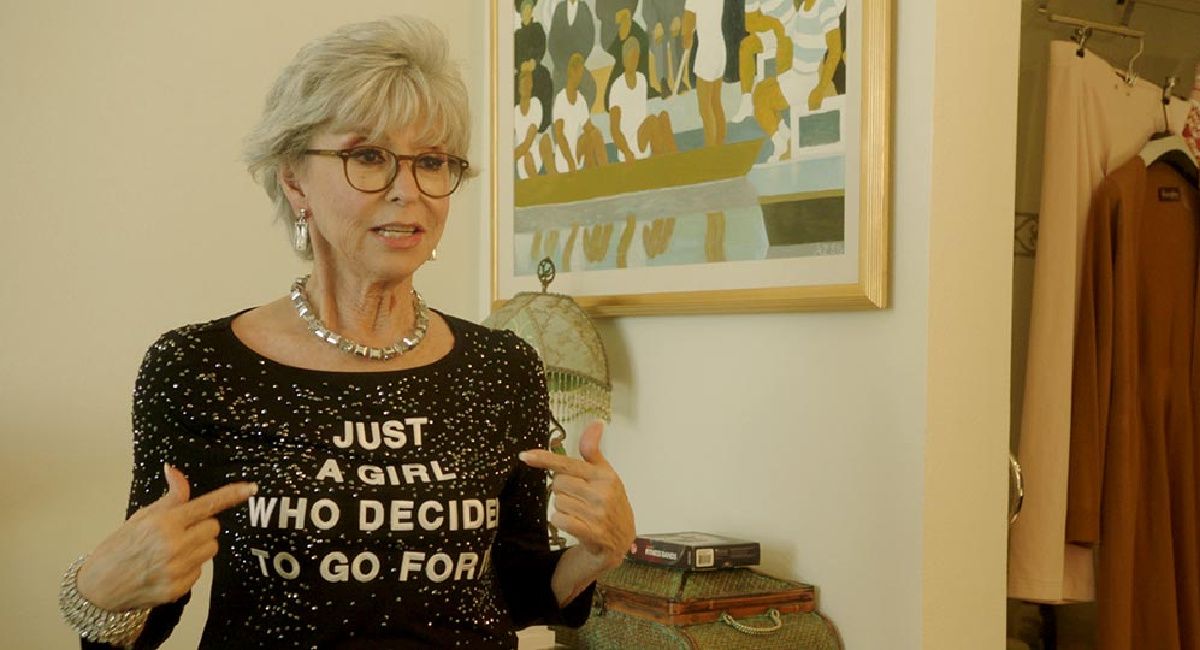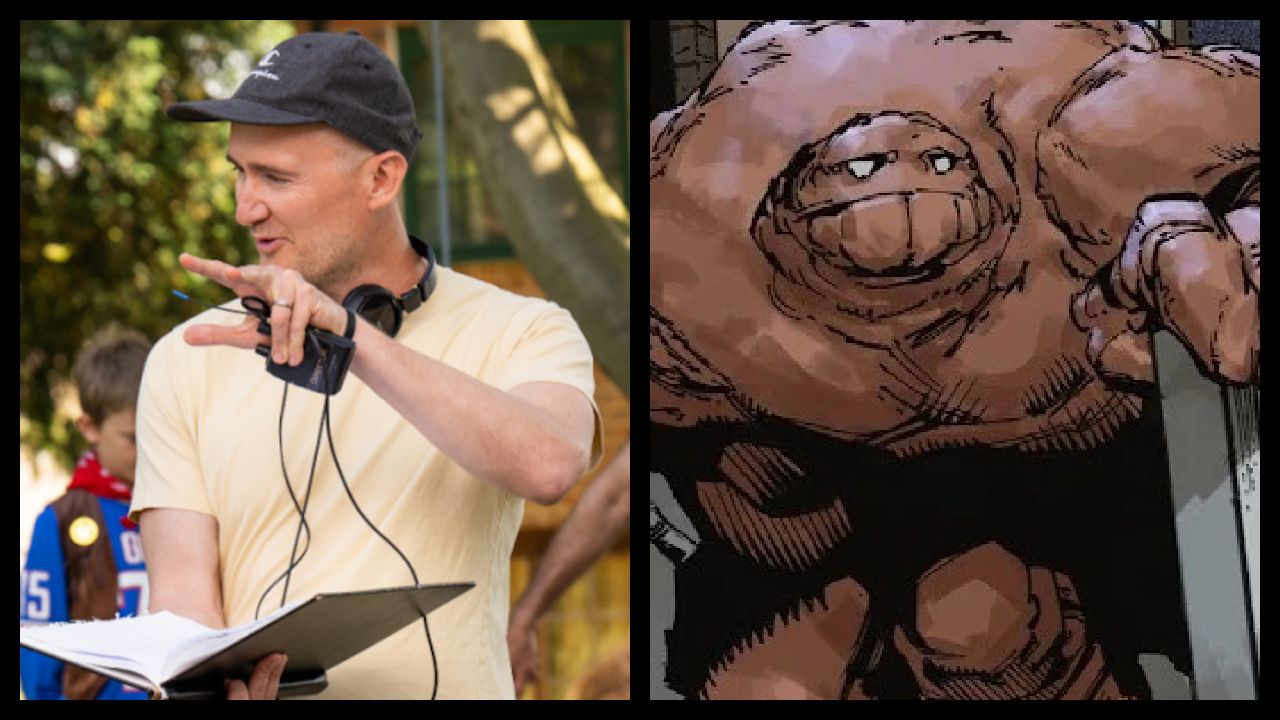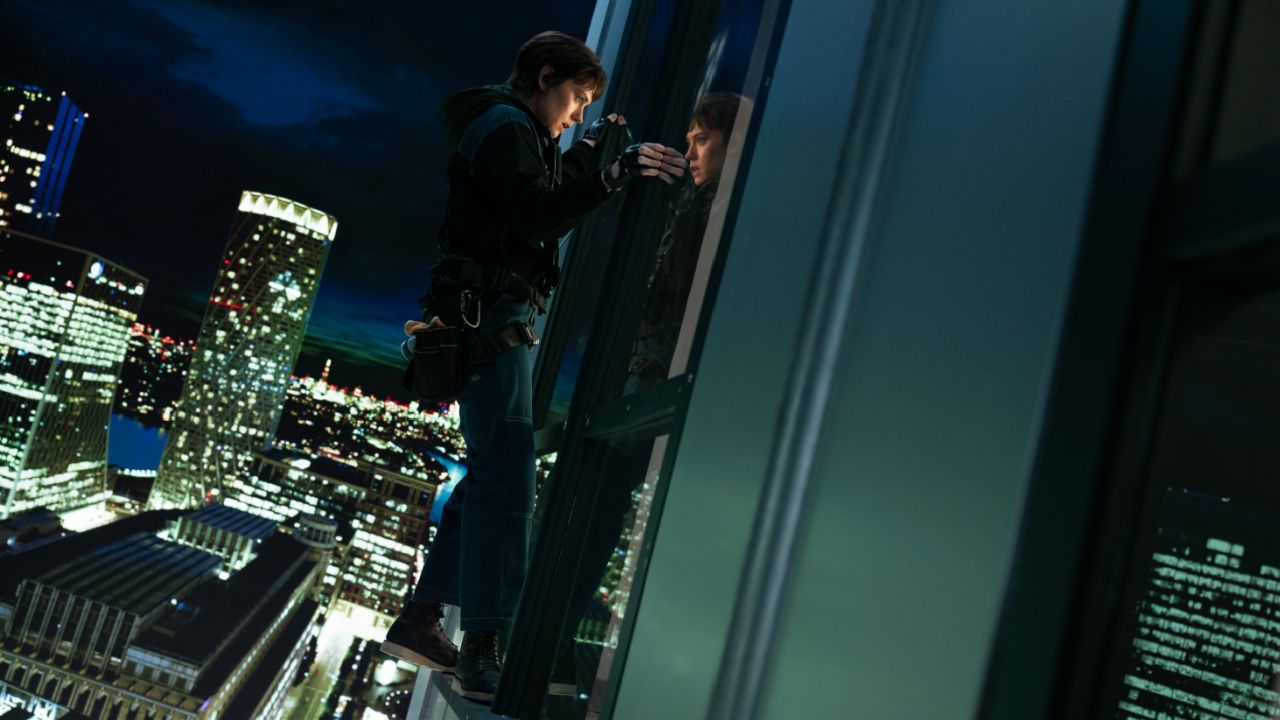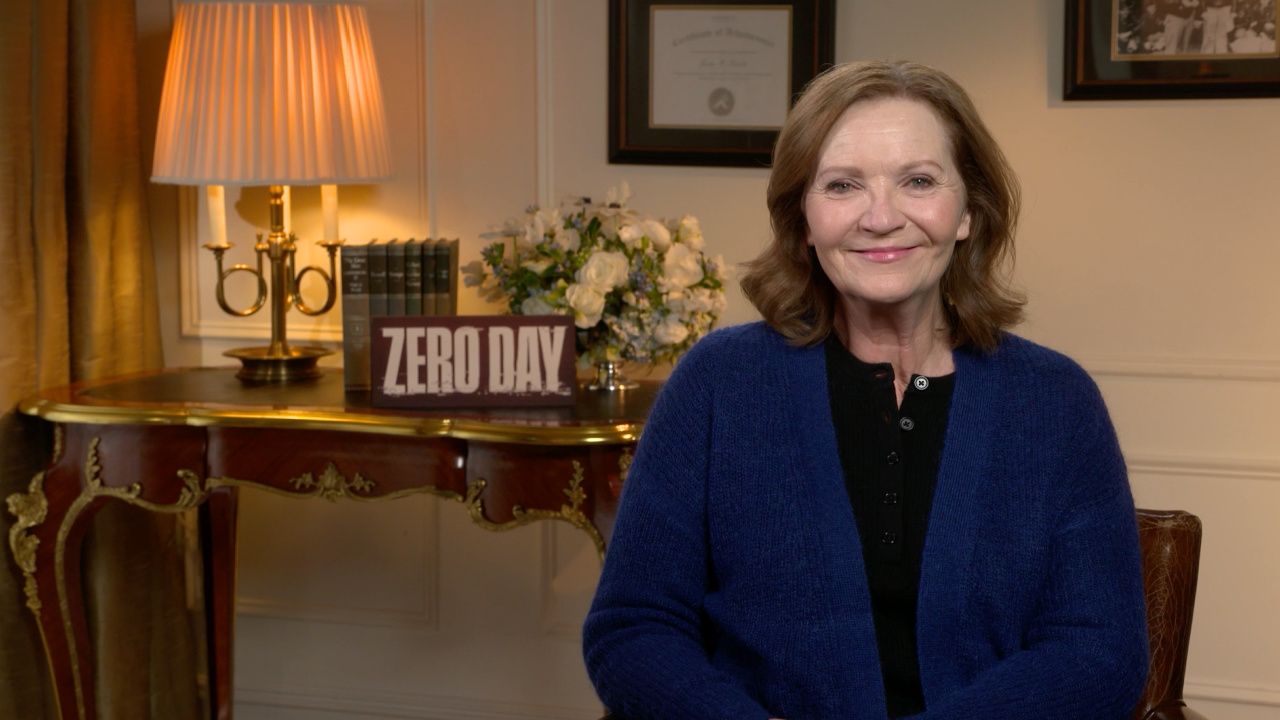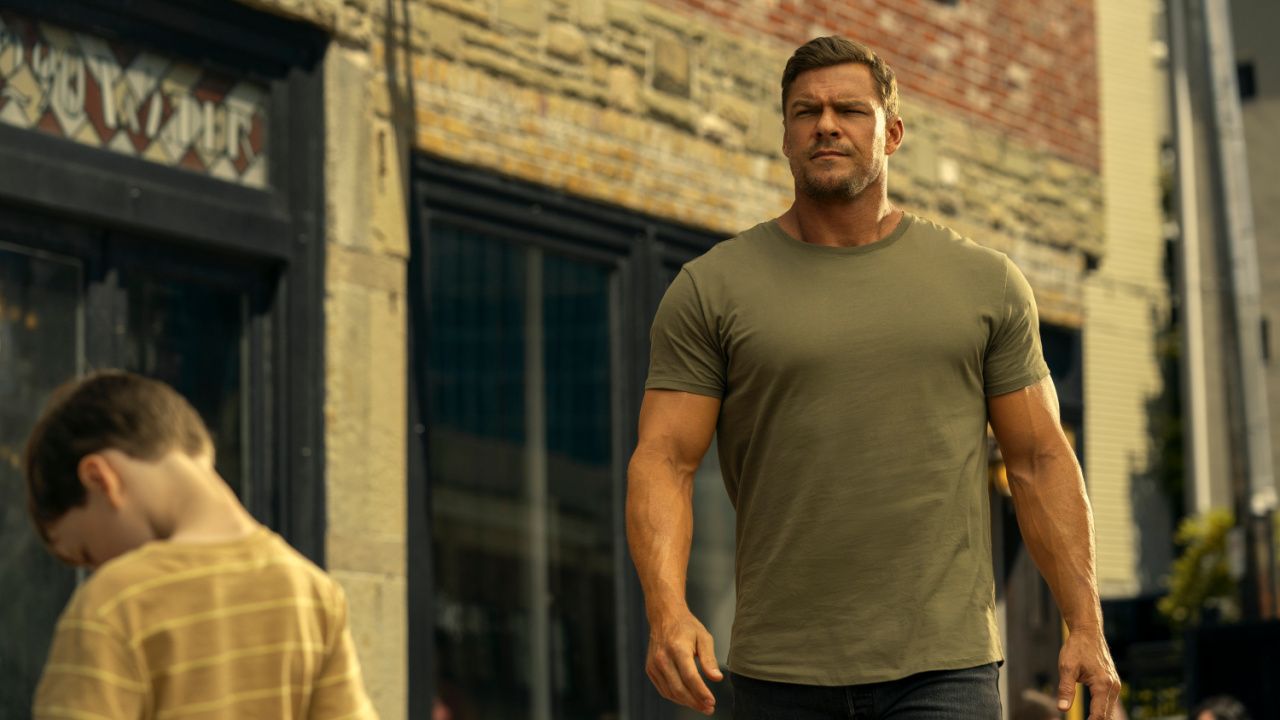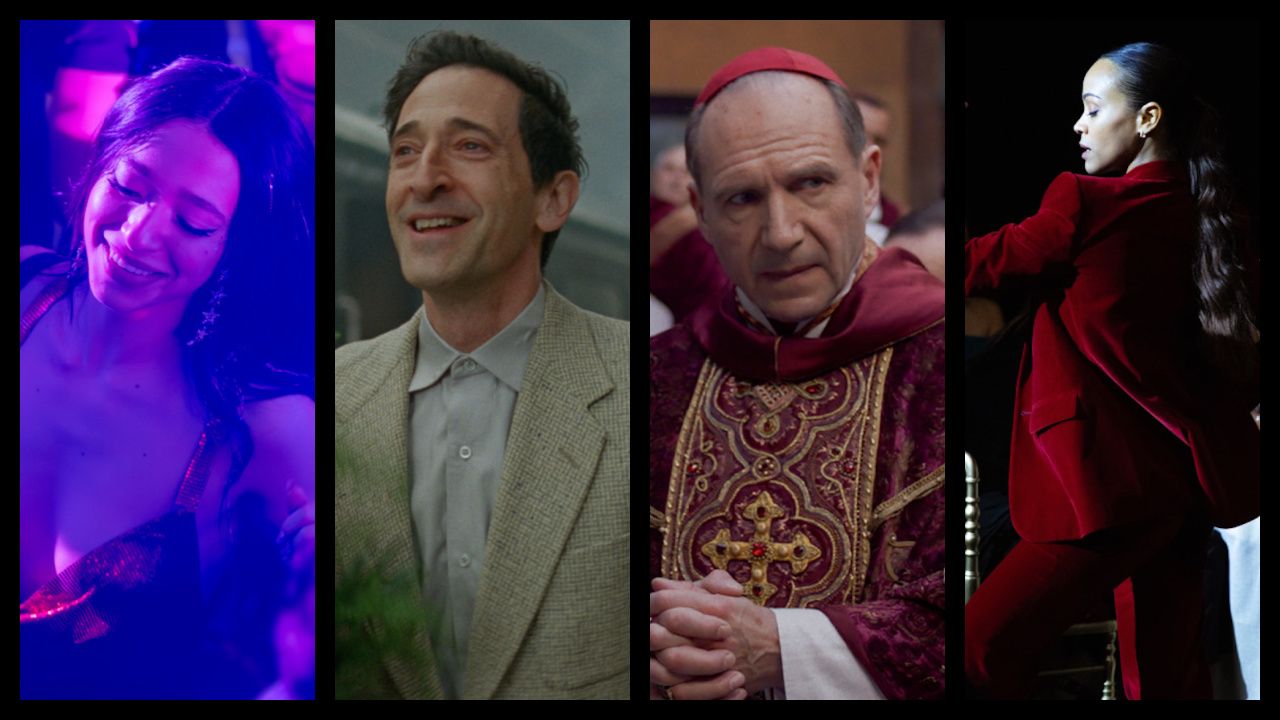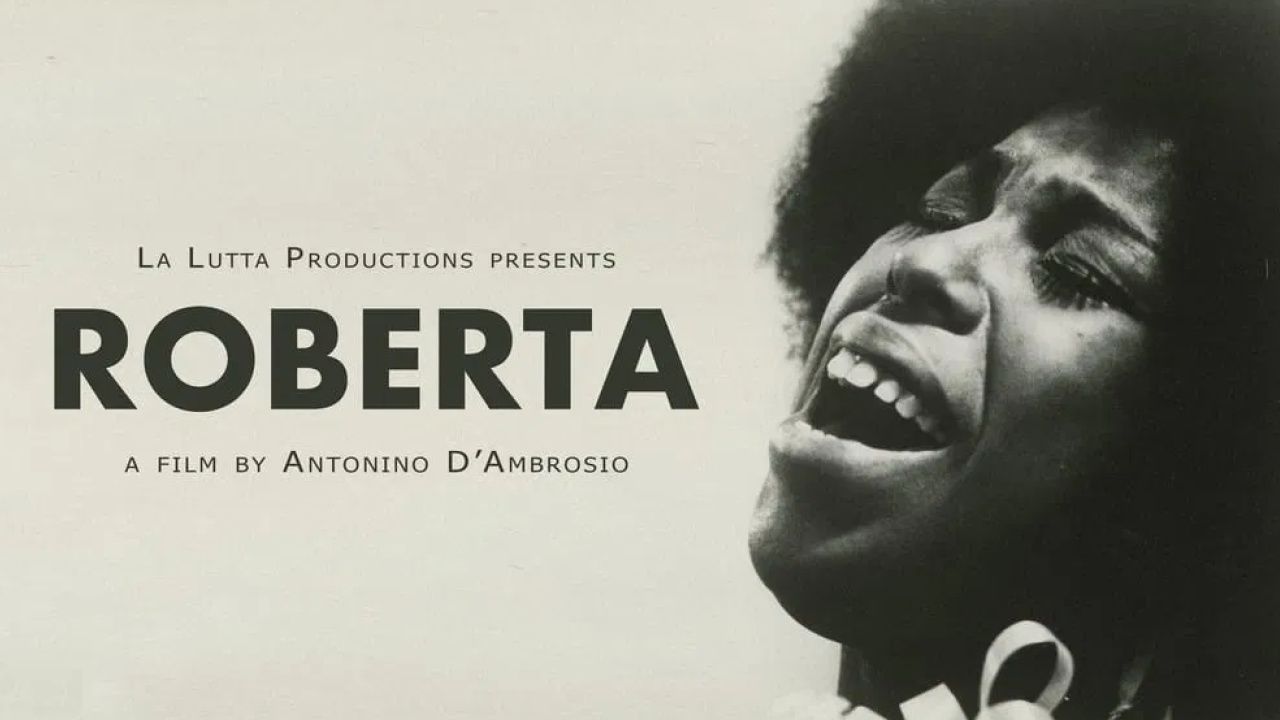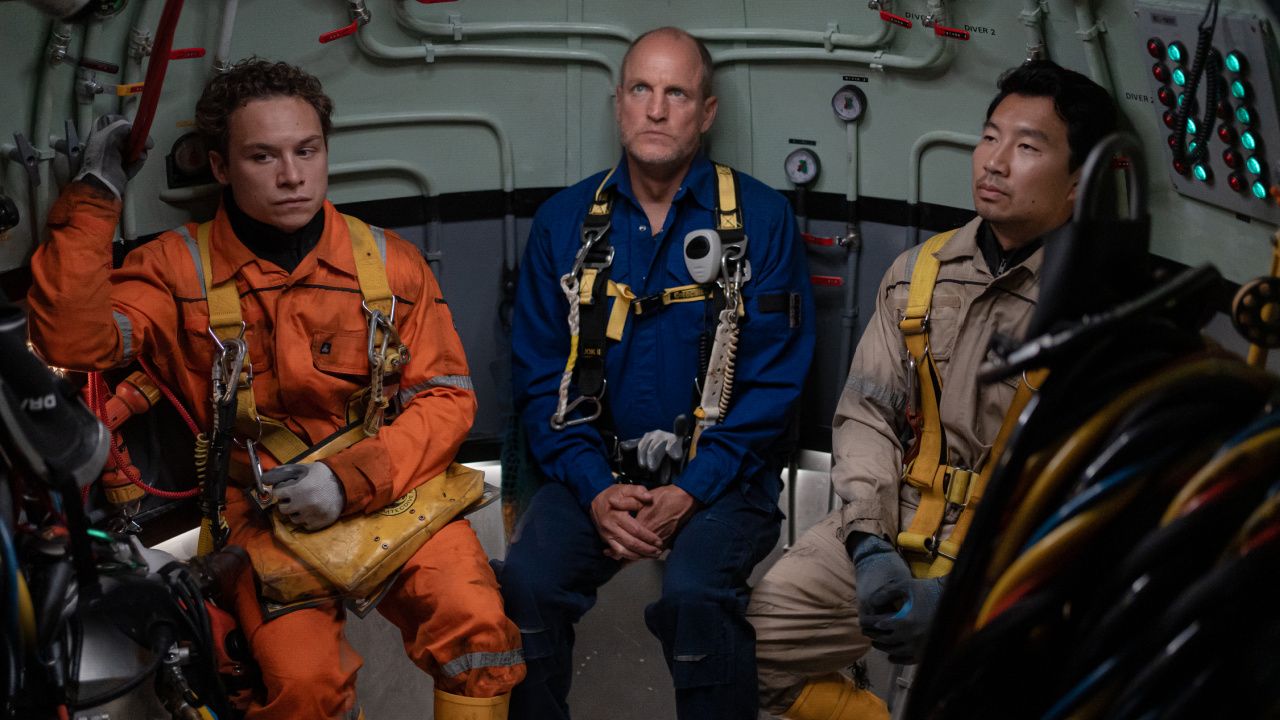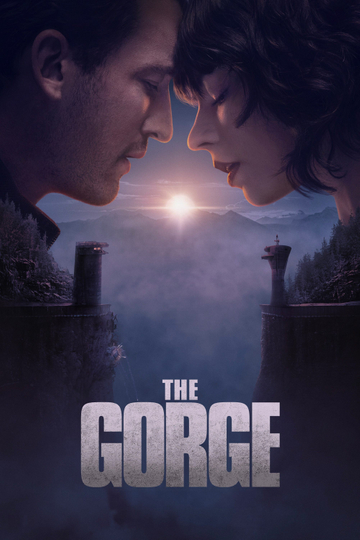Rita Moreno on Her New Documentary 'Just a Girl Who Decided to Go For It'
Hollywood royalty (and EGOT winner) Rita Moreno talked to us about the new documentary that focuses on her life and career, saying she was “surprised” that anyone asked her to do it.
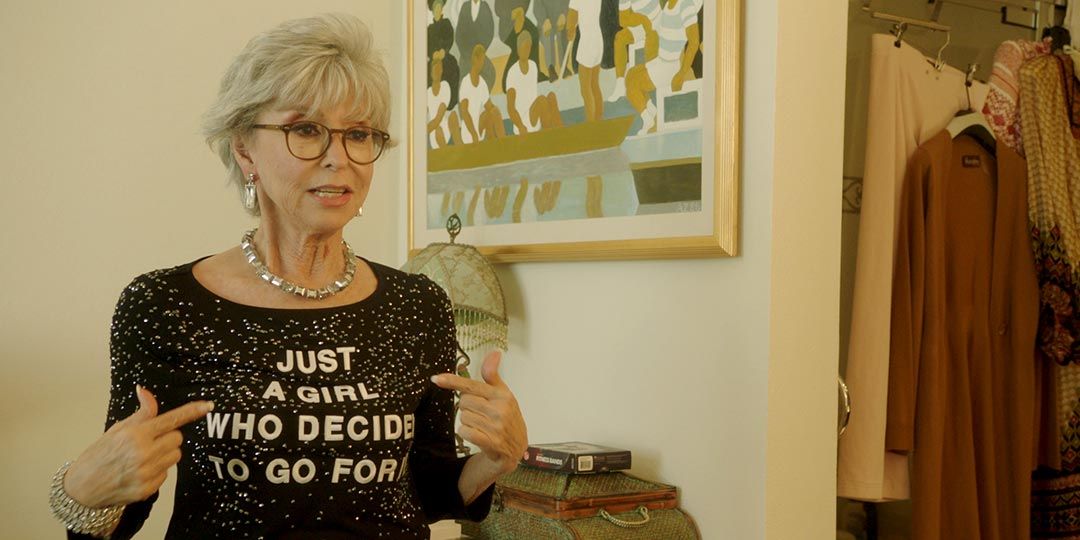
Rita Moreno as seen in 'Rita Moreno: Just a Girl Who Decided to Go for It'
Rita Moreno is, simply put, an icon. Her long-running and legendary career has taken her to Broadway, movies and television, and she was the third person ever to achieve an EGOT (winning an Emmy, Grammy, Oscar, and Tony).
She was a Kennedy Center honoree in 2015, and in 2019, she was announced as a Peabody award recipient. So it shouldn’t come as a surprise that the American Masters series has devoted a documentary to the groundbreaking performer.
The documentary 'Rita Moreno: Just a Girl Who Decided to Go for It,' is currently in theaters nationwide, and Ms. Moreno took the time to talk to Moviefone about the new film.
Moviefone: Can you talk about what it feels like when someone approaches and says, "Hey, we want to do a feature length documentary about you?"
Rita Moreno: I was surprised because I had never been asked before. No, I had never, ever been asked before, and it was Brent Miller who is Norman Lear's producing partner, a younger man, who said, "You've never been asked, really?" I said, "No."
I had to think about it because what you're really doing is entrusting your life to someone, and you want to be very, very, very sure that they're going to deal with it in the most loving way and respectful way possible and when I was convinced of that I then made a promise that I would be as truthful as I could possibly be.
That was important to me, to the point where the camera would sometimes show up for the documentary and I wouldn't have makeup on, and I would just go about my business and do what I wanted. However, I hate watching myself with no makeup. Hate it.
MF: In the movie, you talk a lot about the little girl inside you, Rosita. So what does little Rosita think about this documentary having been made?
RM: I'm glad you asked that because the truth is that Rosita still lives in me and that, really, what that is, is a symbol of a person who used to be my downfall. She was a little girl who loathed herself because she was a “spic”, whatever that meant, and she was a little girl who was always glad to see me fail at something.
And here's what's interesting about Rosita, she still exists in me. The difference is that I can now say to her, which is a measure of my maturity, "Go to your room." I'm dead serious, which is another way of saying that psychotherapy is not the be-all and end-all. It's very important.
It's probably the best thing I ever did for myself, but that doesn't mean that all the bad stuff goes away just like that. It doesn't. How you deal with it is what changes. I still am very sensitive, sometimes about certain things having to do with my nationality, and I'm always taken by surprise by that.
I thought, "Oh my, God, get over it. What's wrong with you?" But if you're wounded, you're wounded. And the scars don't always completely close.
That's how it is. Therapy is not the magic wand. It helps you. It's just very helpful.
MF: You also talk about not really having a Latina role model when you started in show business-
RM: There was no such thing.
MF: So when did it occur to you that you were the role model, and did that make you change anything?
RM: That didn't even occur to me. It was banged into my head by a number of Hispanic people who said, "Do you know? Are you aware that people in our community look up to you?" Some do, I'm not saying everybody, obviously. But it took me a very, very, very long time.
I would say until about West Side Story, which is quite a while back. It took a long time because I had never played a Hispanic character who had a sense of dignity. Never, never, never, never.
So she, actually Anita, became my role model at a very late stage in my life. And I remember thinking, "Oh, this is how you deal with life when you like yourself." I remember that very, very clearly.
'Rita Moreno: Just a Girl Who Decided to Go for It' is currently in theaters.
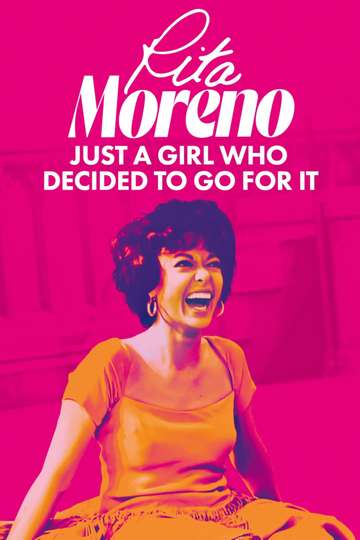
Learn more about the documentary's director Mariem Pérez Riera.


